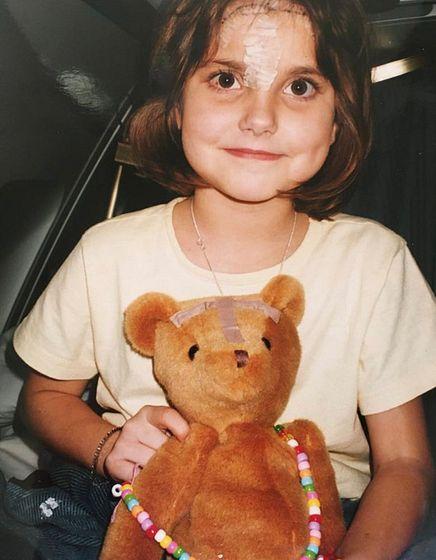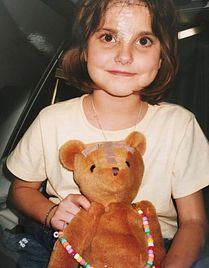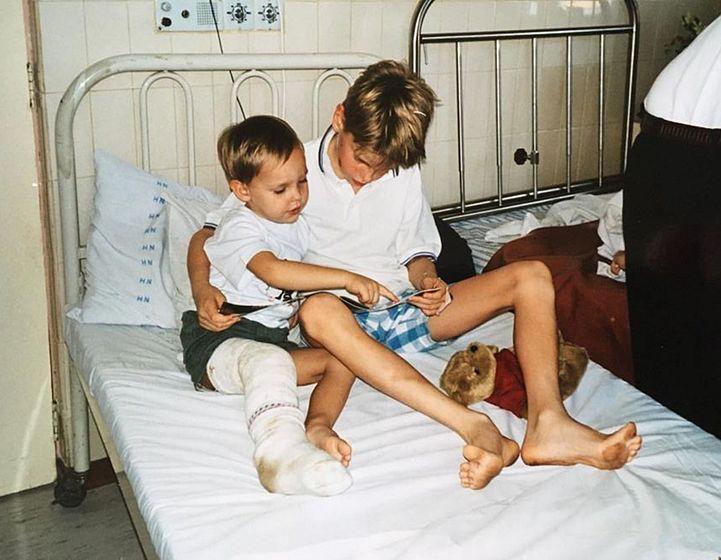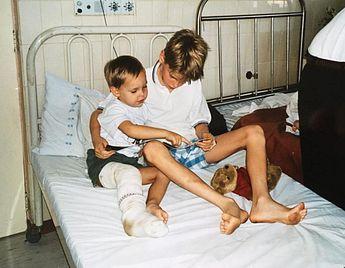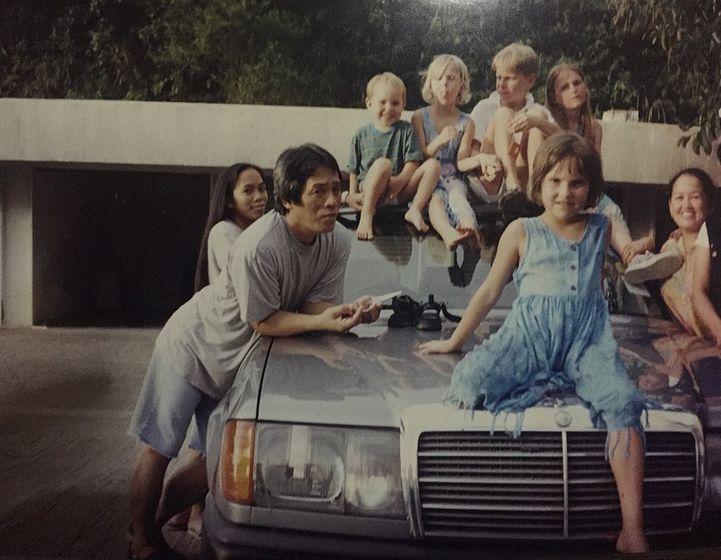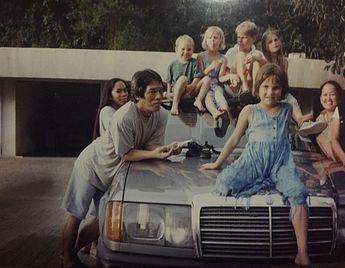was 27 when I did my first session of psychotherapy. Eight months after that, I had started a podcast called Daddy Issues. A year and a half later, I’m here writing this piece. I’ve been offered a book deal with one of the UK’s top publishing houses, and am about to start making my first documentary. But how I got from that first session to where I am now is the story of a 22-year-long lifetime’s worth of grief and denial.
It all started in Sri Lanka when I was seven years old. It was around 4 am and we’d flown in from Hong Kong – where we lived at the time – to celebrate the new year. Our taxi driver had parked on the side of the road to ask a security guard where our guesthouse was. Within seconds, a bus came careering down the straight, dusty road and crashed into us. The impact flung our 15-seater van into the air and ten metres backwards. My father – who was sitting in the front – died pretty much instantly. My mother, four siblings and I were left with varying degrees of injuries, from a fractured skull to a broken ankle.
Although the former sounds worse than the latter, they actually even out in trauma. For instance, my big brother, who was ten, fractured his skull (in the words of a doctor) “into a puzzle”, fell into a long coma, died at some point during the process, and then eventually woke up having lost all hearing in his left ear, and, somehow, with the knowledge his father had died. My little sister, meanwhile, came out virtually untouched – albeit with a broken ankle – but holds vivid memories of seeing her family lifeless and bloodied around her, my mother receiving cardiac shock-treatment, and my father’s body being wheeled past her in the overcrowded emergency room.

